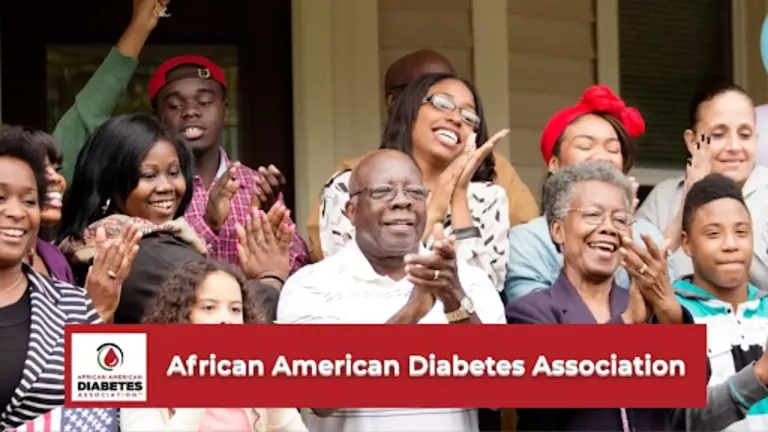
Decades after the Vietnam War, many veterans continue to struggle with serious health problems tied to their combat experiences, according to two major studies led by Dr. Jeanne Stellman and Dr. Steven Stellman from Columbia University’s Mailman School of Public Health.
Published in the Journal of Occupational and Environmental Medicine, their studies “Impact of Persistent Combat-Related PTSD on Heart Disease and Chronic Disease Comorbidity in Aging Vietnam Veterans” and “Persistence and Patterns of Combat-Related PTSD, Medical, and Social Dysfunction in Male Military Veterans 50 Years After Deployment to Vietnam” offer one of the most comprehensive long-term looks into how combat exposure and PTSD shape health outcomes well into old age.
PTSD, Combat, and Chronic Disease: A Lasting Connection
The researchers followed a subgroup of 729 Vietnam veterans from a larger cohort of 12,400 service members, conducting surveys over three time points: 1984, 1998, and 2020. Their findings were stark: veterans who experienced intense combat or developed PTSD were far more likely to suffer from chronic physical and mental health conditions decades later.
Notably, veterans with high levels of combat exposure were twice as likely to report heart disease compared to those with lower exposure. Overall, 28% of the participants reported being diagnosed with heart disease.
PTSD itself was closely linked to elevated risk for conditions like arthritis (46.5%), sleep apnea (33%), and gastroesophageal reflux disease (GERD) (23.5%).
“These findings are significant not only for veterans but for public health as a whole. The ongoing health risks, particularly cardiovascular disease, highlight the need for long-term care strategies that account for both the psychological and physical burdens of PTSD,” said Steven Stellman.
The Hidden Toll of Sub-Threshold PTSD
The research also spotlighted an often-overlooked group: veterans with sub-threshold PTSD—those whose symptoms do not meet the full criteria for a clinical PTSD diagnosis but who still endure significant distress. Alarmingly, veterans with sub-threshold PTSD reported worse physical and mental health outcomes than veterans who never developed PTSD. Yet many of these individuals are ineligible for VA benefits, pointing to critical gaps in current healthcare policy for veterans.
“Veterans with sub-threshold PTSD suffer significant health burdens that are often overlooked,” emphasized Dr. Steven Stellman, calling for expanded VA eligibility criteria to cover these veterans.
PTSD’s Ripple Effects on Life and Family
The researchers also tracked how PTSD affected veterans’ social and emotional well-being. Veterans with PTSD or sub-threshold PTSD were more likely to report higher levels of depression and anxiety, lower life satisfaction, and greater rates of divorce and separation.
Social support—or the lack of it—played a critical role. Veterans who had fewer community and family connections after returning from service were much more likely to develop PTSD symptoms, highlighting the lasting importance of emotional support during reintegration into civilian life.
An Urgent Call for Comprehensive Care
With the average participant now 72 years old, these findings underscore a critical need for lifelong, integrated healthcare for veterans. The researchers stress that both psychological and physical consequences of combat must be addressed together, not in isolation.
“The relationship between PTSD and chronic illness, particularly cardiovascular disease, continues to evolve, and it is essential to continue assessing and treating the long-term effects of these conditions,” Dr. Jeanne Stellman noted. “This study provides crucial insights into the lasting legacy of the Vietnam War in those who served and underscores the urgent need for improved care and policies to address their ongoing health needs.”
How Veterans Can Monitor Their Health: The Role of Routine Testing
One major takeaway from this research is the importance of routine health monitoring for veterans, especially as they age. Chronic diseases like heart disease and diabetes often develop silently over time. Simple tests like the A1C test, which reflects average blood sugar levels over the past three months, can help detect and manage conditions like diabetes early before they cause serious complications.
The U.S. Department of Veterans Affairs (VA) actively supports veterans in monitoring their health through programs focused on preventive care. According to the VA’s Diabetes page, veterans are encouraged to undergo regular A1C testing at least twice a year as part of their ongoing health assessments. Early detection through such testing can significantly improve health outcomes and quality of life.
Resources for Veterans
If you are a veteran—or know someone who is—it’s important to stay connected to health resources. The VA offers a range of services, including diabetes management tools, mental health support, cardiovascular care, and peer support groups. For more information, visit the VA’s official site
Sources:
- “Impact of Persistent Combat-Related PTSD on Heart Disease and Chronic Disease Comorbidity in Aging Vietnam Veterans.” Journal of Occupational and Environmental Medicine, 18 Dec. 2024, https://journals.lww.com/joem/abstract/9900/impact_of_persistent_combat_related_ptsd_on_heart.732.aspx
- “Persistence and Patterns of Combat-Related PTSD, Medical, and Social Dysfunction in Male Military Veterans 50 Years After Deployment to Vietnam.” Journal of Occupational and Environmental Medicine, 21 Jan. 2025, https://journals.lww.com/joem/abstract/9900/persistence_and_patterns_of_combat_related_ptsd,.750.aspx
- “Veterans Health Library.” U.S. Department of Veterans Affairs, 2025, https://www.veteranshealthlibrary.va.gov/Search/142,71735_VA






